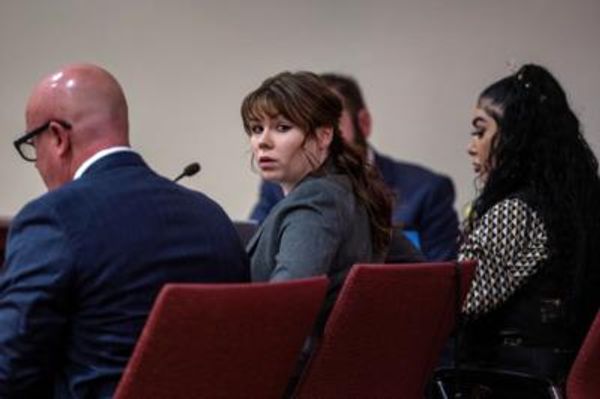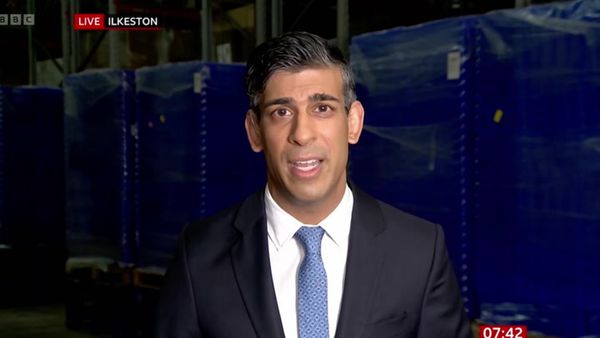
In a recent ruling, the Minnesota Court of Appeals determined that a pharmacist who declined to dispense emergency contraceptives to a customer based on personal beliefs had engaged in discrimination. The case involved pharmacist George Badeaux, who in 2019 refused to fill a prescription for emergency contraception, citing concerns about the medication's potential impact on pregnancy.
The customer, Andrea Anderson, was forced to travel approximately 100 miles to obtain the prescription from another pharmacy after being turned away by Badeaux. Anderson subsequently filed a lawsuit under Minnesota's Human Rights Act, alleging discrimination.
The three-judge panel concluded that Badeaux's refusal constituted sex discrimination, as it hindered Anderson's access to necessary reproductive health care. The decision highlighted the importance of ensuring timely access to emergency contraception, emphasizing that such medications are time-sensitive.
While a jury initially ruled in favor of the pharmacist in 2022, finding no discrimination but awarding Anderson damages for emotional harm, the recent appeals court ruling overturned this decision. The case may now proceed to the Minnesota Supreme Court or return to district court for further review.
Advocates for gender equity and reproductive rights hailed the ruling as a significant step in recognizing the rights of individuals seeking essential healthcare services. The decision underscored the obligation of businesses to provide care without discrimination, particularly in matters related to reproductive health.
The legal battle between Anderson and Badeaux reflects broader debates surrounding access to reproductive healthcare in the United States. With varying state regulations on emergency contraceptives and abortion, the case in Minnesota sheds light on the complexities of balancing personal beliefs with professional responsibilities in the healthcare sector.
As the legal proceedings continue, the outcome of this case could have implications for future disputes involving healthcare providers and patients' rights to access essential medications.







